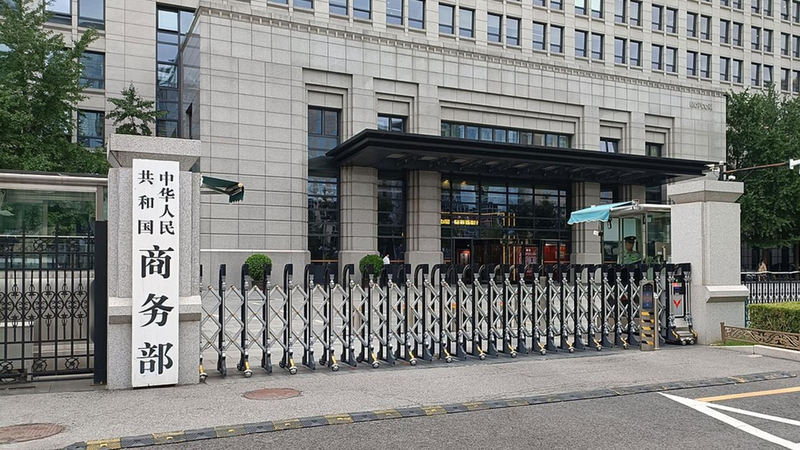In early May 2024, the Chinese mainland’s Ministry of Commerce rolled out a new set of port service fees targeting vessels linked to the United States. The move comes in direct response to Washington’s own Section 301 measures—announced on April 17—which will charge port dues on Chinese ships starting October 14.
Beijing has framed its action as a legitimate act of self-defense within international trade norms and the bilateral maritime transport agreement. Officials argue that the U.S. measures violate fair commerce principles and that the countersurcharge is a lawful step to protect domestic shipping and shipbuilding firms from discriminatory treatment.
Industry analysts point out that port fees, though often measured in single- to double-digit dollars per container, can add up quickly—potentially reshaping freight costs on key trans-Pacific lanes. “Even modest surcharges can ripple through the supply chain, affecting everything from consumer prices to port scheduling,” says maritime consultant Li Wei.
Amid rising tensions, China has urged the United States to “act prudently, correct its wrong practices,” and engage in dialogue on an equal footing. As both sides prepare for retaliatory tariffs and surcharges, global businesses and traders are watching closely for signs of de-escalation or further escalation in what may become a defining chapter of U.S.-China trade relations.
Reference(s):
China defends special port fees as lawful response to U.S. measures
cgtn.com




